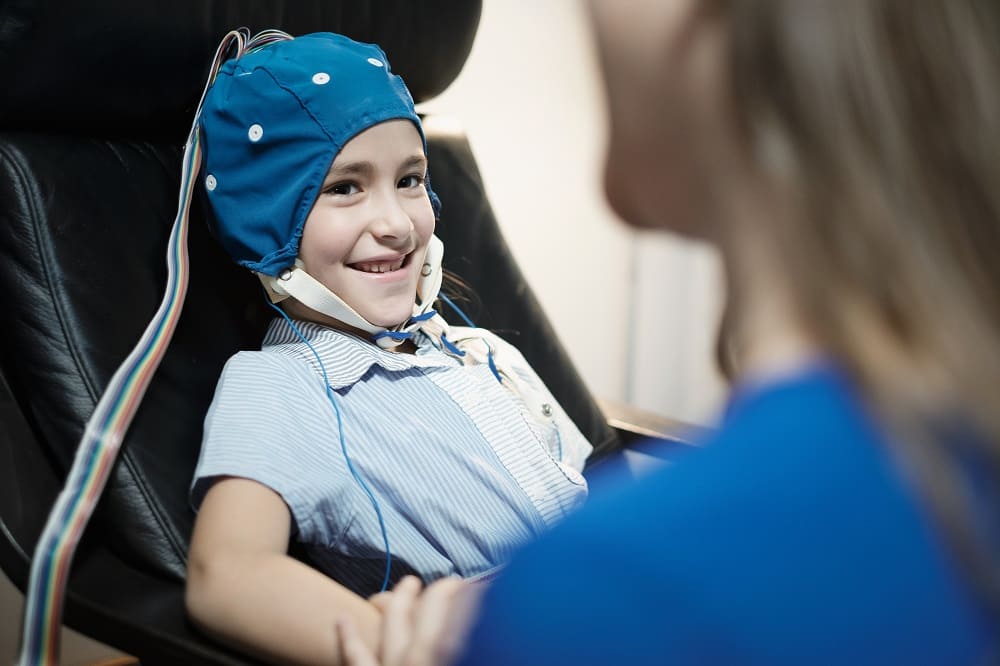Neurofeedback Training New York
Neurofeedback training is available from many providers in some parts of New York but still is not widely available in other parts of the state. Manhattan has several providers. There are some in Westchester County and others in Long Island and Queens. They are much more rare in other areas like Upstate New York.
Some resources for finding providers include the Northeast Regional Biofeedback Society (nrbs.org), The Association for Applied Psychophysiology & Biofeedback (aapb.org) and the Biofeedback Certification International Alliance (bcia.org) Each website has a listing of providers that you can search by region. These can be an excellent resource for people looking for providers of neurofeedback training in New York as well as for professionals considering becoming a provider. They can see where there is more competition and where there is more need and opportunity.
Neurofeedback training can be provided by licensed medical and mental healthcare providers who have the proper additional education and experience. The best evidence for qualification is certification by BCIA (Biofeedback Certification International Alliance) which establishes requirements including education, experience, mentoring, and examination. In addition to prerequisite education applicants also need to complete a 36 hour course in neurofeedback that trains them in all of the necessary basic information they should know to provide neurofeedback. They also need to evidence that they have completed a course in neuroanatomy.
The experience portion requires the applicant to complete 100 sessions of neurofeedback on clients and 10 on themselves plus review of the experience work with an experienced mentor. This process gives the applicant a much better chance of being successful at providing neurofeedback training to their clients.
As advanced as New York is in many ways, it would seem that we would have more health care providers offering neurofeedback as a therapy to their clients. Even in New York there is still a relative shortage of neurofeedback providers.
Some of the problems that neurofeedback is helpful for include ADHD (Attention Deficit and Hyperactivity Disorder), Anxiety, Insomnia, Depression, and Substance Abuse. ADHD has been a very popular application for many years. There had been a surge in use in the 1990s with the cocaine epidemic and now I am expecting another increase with the more recent opioid crisis. If neurofeedback is proven to be effective for helping people with opioid addictions then it could become as big as the ADHD application. I hope to see more health care providers offering neurofeedback therapy to people in New York who need it.
Harry L. Campbell
President, Biofeedback Resources International Corp.
Author of What Stress Can Do, Available on Amazon.com





